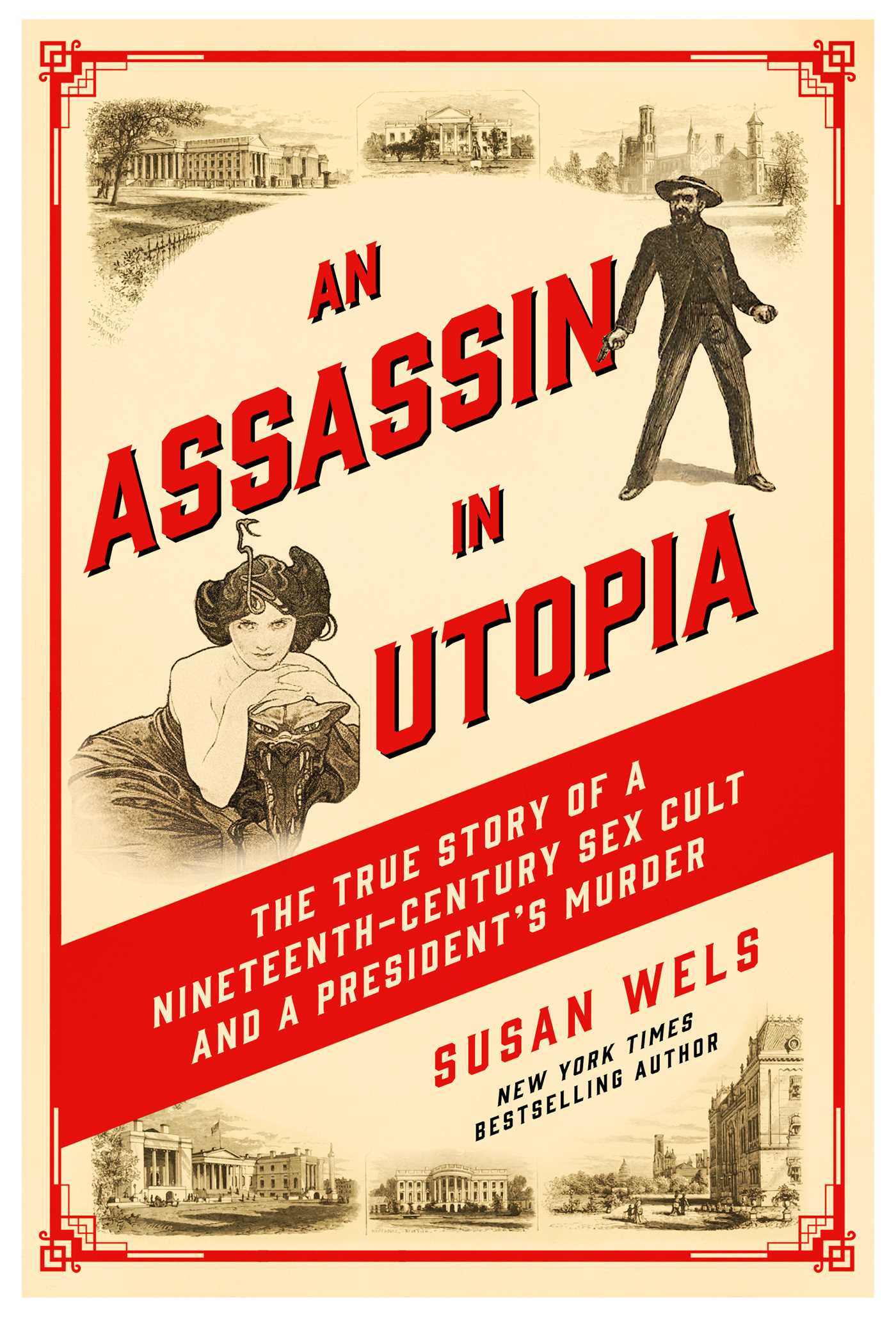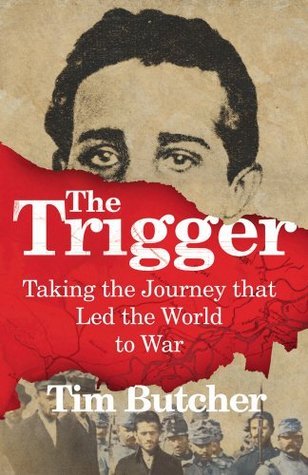
An Assassin in Utopia: The True Story of a Nineteenth-Century Sex Cult and a President's Murder
Book Description
A shadowy sex cult lurks in the idyllic landscape of 19th-century America, weaving an intricate web of desire, power, and betrayal. At its heart lies a young man, an assassin with an explosive secret, whose life turns catastrophic when he crosses paths with a president poised on the edge of a national crisis. Against a backdrop of idealism and moral decay, loyalties shatter, and dark ambitions unfold, leading to a chilling act that will alter the course of history forever. How far can one man go in pursuit of love and vengeance before the lines between salvation and damnation blur?
Quick Book Summary
"An Assassin in Utopia" unravels the little-known intersection between the utopian Oneida Community—a radical 19th-century group famous for its experiment in free love—and the assassination of President James Garfield. Susan Wels masterfully traces the life of Charles Guiteau, an unstable and ambitious young man whose entanglement with the Oneida cult and unfulfilled desires propel him toward infamy. The narrative delves into the complex dynamics of Oneida, where social and sexual norms were radically challenged, and links Guiteau's psychological turmoil to his time there. Against the backdrop of America's Gilded Age, Wels exposes how idealism, personal obsession, and the failures of utopian dreams converged in a pivotal moment of American tragedy.
Summary of Key Ideas
Table of Contents
The Rise and Ideals of the Oneida Community
The book opens by exploring the foundation and philosophy of the Oneida Community in upstate New York, a utopian society founded by John Humphrey Noyes. This radical collective rejected conventional marriage, practiced "complex marriage" (a form of communal sexual relations), and advocated for social equality, spiritual perfection, and communal property. Drawing many hopeful followers, Oneida represented both the spirit and contradictions of 19th-century American reform movements. Yet, beneath its idealism simmered tensions over control, gender, and sexuality—tensions that set the stage for those who would later leave the community disillusioned.
Charles Guiteau’s Obsession and Alienation
Into this world entered Charles Guiteau, a restless and troubled young man. Guiteau's stint at Oneida was marked by his inability to fit in or gain the romantic interest and social acceptance he desperately craved. Plagued by delusions of grandeur and driven by a deep need for recognition, Guiteau's time in the community amplified his sense of isolation and inadequacy. His frustrations within Oneida mirror his lifelong struggle with rejection and failure, deepening his instability and driving him toward obsessive ambitions.
The Transformation of American Society in the Gilded Age
As Guiteau left Oneida, he wandered through a rapidly changing America. The Gilded Age was a period of dizzying innovation, political turmoil, and inequality. Promoting himself as a lawyer, preacher, and eventually as an aspiring politician, Guiteau frequently failed, each setback feeding his paranoia and sense of persecution. Wels skillfully situates Guiteau’s downward spiral within the broader context of an anxious nation grappling with issues of leadership and the challenges of modernity.
The Path from Disillusionment to Assassination
The narrative builds toward Guiteau's delusional belief that he had played a central role in President James Garfield’s election, a belief that mutated into animosity when he was denied political appointment. Consumed by resentment and divine justification, Guiteau ultimately assassinated Garfield in July 1881. Wels lays bare the psychological descent that led to this act, demonstrating how failed utopian dreams, personal instability, and the toxins of cultish thinking culminated in a national tragedy.
Legacy and Cultural Impact of the Oneida Cult and Garfield’s Murder
In the aftermath, Wels explores the public shock and lasting implications of both the assassination and the Oneida experience. Garfield’s murder provoked urgent national debates over mental health, security, and the vulnerabilities of American democracy. Meanwhile, the Oneida Community, already unraveling, would be remembered as both a cautionary tale and a harbinger of broader social experiments yet to come. The book, in weaving together cult, crime, and consequence, challenges readers to reckon with the interplay of ideology, obsession, and historical change.
Download This Summary
Get a free PDF of this summary instantly — no email required.





